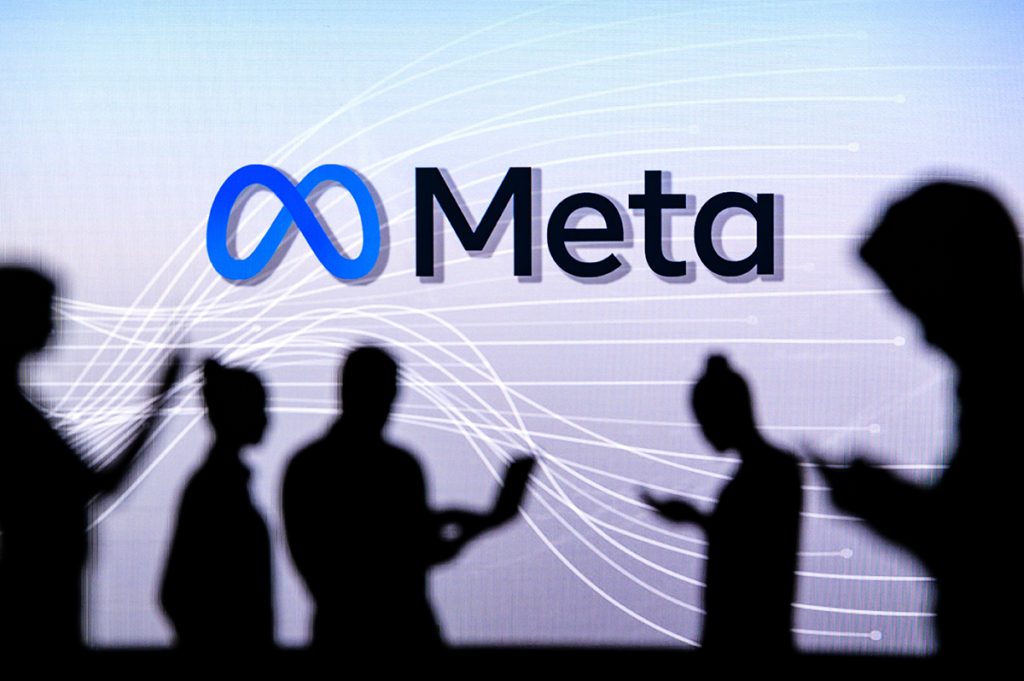Meta Platforms, the parent company of Facebook and Instagram, has decided to shut down CrowdTangle, a widely-used tool that researchers, watchdog organizations, and journalists relied on to monitor social media posts and track the spread of misinformation. This move has sparked significant backlash from various groups and institutions that valued CrowdTangle for its transparency and effectiveness.
The shutdown, which was announced by Meta earlier this year and implemented on Wednesday, has been met with strong protests. In May, a coalition of organizations including the Center for Democracy and Technology, the Digital Forensic Research Lab at the Atlantic Council, Human Rights Watch, and NYU’s Center for Social Media & Politics, sent a letter to Meta urging the company to maintain CrowdTangle’s operations through at least January. These groups emphasized the tool’s importance, particularly in the context of the upcoming U.S. presidential elections, arguing that its removal jeopardizes essential oversight mechanisms and undermines Meta’s efforts to maintain transparency during a critical period for digital democracy.
The letter highlighted that CrowdTangle had been instrumental in allowing researchers to sift through the vast amount of information on Facebook and Instagram, helping identify harmful content and potential threats. The groups argued that losing access to CrowdTangle during such a crucial time could severely impact their ability to monitor and counteract misinformation effectively.
In addition to the coalition’s plea, the nonprofit Mozilla Foundation sent a similar letter in March. The foundation, joined by several dozen other groups and academic researchers, requested that Meta keep CrowdTangle operational until January. They emphasized that CrowdTangle had set a high standard for real-time platform transparency and had become vital for understanding the spread of disinformation, hate speech, and voter suppression on Facebook.
Despite these appeals, Meta proceeded with the shutdown, asserting that CrowdTangle did not provide a complete picture of the activity on its platforms. Meta has introduced a new tool, the Meta Content Library, as an alternative. However, this tool is currently accessible only to academic researchers and nonprofits, excluding many news organizations that previously relied on CrowdTangle. Critics have also pointed out that the Meta Content Library is not as effective as CrowdTangle, at least not in its current form.
Nick Clegg, Meta’s president of global affairs, stated in a recent blog post that the company has been gathering feedback from hundreds of researchers to make the Meta Content Library more user-friendly and to help them access the data they need. Meta maintains that the new tools are more comprehensive and offer a better overview of platform activity.
CrowdTangle was acquired by Meta in 2016 and quickly became a crucial resource for those monitoring social media for misinformation and harmful content. The decision to shut it down has left many researchers and journalists concerned about their ability to track and combat misinformation effectively, especially during significant political events.
As Meta continues to refine its new tools, the absence of CrowdTangle represents a significant shift in how social media activity will be monitored moving forward. The effectiveness of the Meta Content Library in filling the void left by CrowdTangle remains to be seen, and researchers and journalists will be closely watching its development and capabilities in the coming months.


